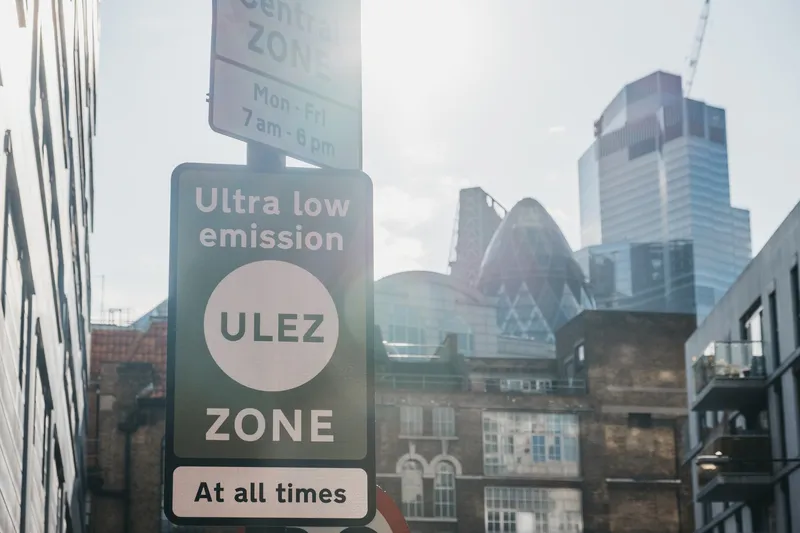GMB, the union for professional drivers, is calling on Transport for London to reconsider some proposals that it put forward as preliminary indications as to how it wishes to proceed on the regulation of cab drivers, which it says waters down protection for passengers and drivers.
It claims that mandatory Disclosure and Barring Service (DMS) checks for support staff have been watered down so that they do not apply to office-based staff. GMB consider that operators will be able to substitute office based
February 24, 2016
Read time: 2 mins
GMB, the union for professional drivers, is calling on 1466 Transport for London to reconsider some proposals that it put forward as preliminary indications as to how it wishes to proceed on the regulation of cab drivers, which it says waters down protection for passengers and drivers.
It claims that mandatory Disclosure and Barring Service (DMS) checks for support staff have been watered down so that they do not apply to office-based staff. GMB consider that operators will be able to substitute office based staff into front facing roles to avoid checks.
Under TfL’s proposals, hire and reward insurance, a form of insurance designed for those who carry people or possessions for a fee, would only be necessary for cab drivers who are signed up to an operator. GMB considers that such a system would be exploitable and that this type of insurance should be in place at all times.
GMB says the requirement for operators to have a dedicated phone line with which to make bookings does not go far enough, saying it does nothing to allow a driver to talk to an operator when there is an issue, nor does it provide for those who are unable or unwilling to use smartphones to book without them.
A requirement for private hire vehicle (PHV) drivers to provide their National Insurance number to the Department of Work and Pensions should also apply to taxi drivers.
GMB believes ridesharing poses a risk to passengers and drivers and that any TFL guidance ignores fundamental problems inherent in ridesharing such as violence and sexual harassment which cannot be eliminated.
Steve Garelick, branch secretary for Professional Drivers, said "On behalf of the GMB Professional driver’s branch I am shocked that the mayor has either ignored the responses to the consultation or watered down the results to suit the needs of businesses and not the consumer and driver.”
It claims that mandatory Disclosure and Barring Service (DMS) checks for support staff have been watered down so that they do not apply to office-based staff. GMB consider that operators will be able to substitute office based staff into front facing roles to avoid checks.
Under TfL’s proposals, hire and reward insurance, a form of insurance designed for those who carry people or possessions for a fee, would only be necessary for cab drivers who are signed up to an operator. GMB considers that such a system would be exploitable and that this type of insurance should be in place at all times.
GMB says the requirement for operators to have a dedicated phone line with which to make bookings does not go far enough, saying it does nothing to allow a driver to talk to an operator when there is an issue, nor does it provide for those who are unable or unwilling to use smartphones to book without them.
A requirement for private hire vehicle (PHV) drivers to provide their National Insurance number to the Department of Work and Pensions should also apply to taxi drivers.
GMB believes ridesharing poses a risk to passengers and drivers and that any TFL guidance ignores fundamental problems inherent in ridesharing such as violence and sexual harassment which cannot be eliminated.
Steve Garelick, branch secretary for Professional Drivers, said "On behalf of the GMB Professional driver’s branch I am shocked that the mayor has either ignored the responses to the consultation or watered down the results to suit the needs of businesses and not the consumer and driver.”









